Live streaming is on the rise because many industries are using it as a vital mode of communication with their audience. It is an effective method for businesses, educational institutions, individuals creators, artists and many others to connect with a large audience.
On the other hand, people are also showing a huge interest in joining live broadcasts with a minimal price. They can easily join with smartphones, tablets or laptops sitting around any corner of the world.
While there is a huge surge in live streaming around the world, there comes the concern of secure live streaming.
Live Streaming security plays a pivotal role in any kind of live broadcasts. Secure live streaming is the best way of ensuring a safer environment for all users as well as broadcasters involved in the live streaming.
Get the best live streaming experience for your platform with
Muvi Live!Secure Live Streaming: Why is it Important
Addressing live streaming security is crucial to ensure secure streaming. Some of the reasons are:
Protection of Personal Information
A Live broadcast exposes personal data such as names, locations, and private conversations, etc. Private live streaming ensures that the sensitive information is secure, thus preventing identity theft and its misuses.
Prevention of Cyber Attacks
Hackers can target your livestream if it’s not secured. Ensure security measures such as encryption, firewalls, secure logins to prevent cyber attacks and introducing malicious content into the live stream. Additionally, consider using a Next DNS alternative to enhance your stream’s security by filtering harmful traffic and blocking malicious content before it reaches your server.
Use a Reputed Live Streaming Platform
Private live streaming platform like Muvi Live ensures your live streams are completely secure and private. They make sure there is zero security breach or cyber attacks with a variety of security measures.
Compliance With Regulations
Muvi Live is ISO, ADA, VPAT, HECVAT, GDPR, and PCI compliant. That means Muvi takes your data privacy and security seriously, ensuring a secure live streaming. Therefore, it is always essential for you to wisely choose a live streaming platform that is compliant with various popular regulations.
Prevention of Unauthorized Streaming or Recording
Unauthorized users can record and share your live stream without any permission which may lead to a financial loss for your business. Always look for a platform that provides access control, prevents screen recording, etc.
What Is Secure Live Streaming?
Broadcasting live events with appropriate security measures to protect the stream from unauthorized access, piracy, data breaches, and other potential threats is mainly secure live streaming. It ensures that the live stream is accessed by authorized users, while preventing any kind of cyber thefts.
Secure or private live streaming is highly essential for events such as concerts, product launches, corporate events, sports events, news live streams, live interviews, enterprise training and many more.
Understanding the Risks of Live Streaming
Privacy Invasion
When you stream live, you’re sharing content in real-time, and it’s easy to unintentionally expose personal or sensitive information. This could include showing your location, your home, or even people in your vicinity who haven’t consented to be on camera. Moreover, live comments or interactions from viewers might prompt you to reveal more than you intended, further compromising your privacy.
Security Threats
Live streaming platforms are not immune to cyberattacks. Hackers may attempt to breach accounts, steal data, or spread malicious software through live chat interactions. Streamers who aren’t careful with platform security settings might fall victim to phishing attempts, where bad actors try to manipulate them into divulging login credentials or financial information.
Content Piracy
Once your live stream is broadcast, it’s hard to control who has access to it. Viewers can record and redistribute your content without permission, leading to piracy issues. This is particularly concerning for exclusive or monetized content, as unauthorized sharing can result in financial losses and damage to your brand or reputation.
Uncontrolled Audience
Live streaming means you have little control over who joins the audience. This can lead to exposure to trolls, inappropriate behavior in chat rooms, or offensive comments that can derail your content. Moreover, sensitive content could inadvertently reach viewers who may misuse or misinterpret the information.
Components of a Secure Live Streaming Platform
Digital Rights Management (DRM)
DRM is essential for protecting the copyright of streamed content. It ensures that only authorized viewers can access and watch the content. Popular DRM systems include Widevine, PlayReady, and FairPlay. DRM also prevents users from unauthorized copying or redistribution of the stream.
Content Encryption
Encrypting the content is crucial to prevent unauthorized access. AES (Advanced Encryption Standard) is a common method used for securing live streams. Encryption ensures that, even if someone intercepts the stream, they won’t be able to view it without the appropriate decryption key.
Identity and Access Management (IAM)
IAM ensures that only authorized users can access the live streaming platform. It manages user authentication and authorization by implementing features such as single sign-on (SSO) software, multi-factor authentication (MFA), and role-based access control (RBAC). This component helps regulate who can watch, manage, and distribute the stream.
Authorized Embedding
To prevent unauthorized embedding of your live stream on other websites, the platform should have restrictions in place that allow embedding only on approved or authorized domains. This ensures the stream isn’t shared on unauthorized platforms.
Secure Hosting in Your Trusted Datacenter
Hosting live streaming services in a trusted, secure datacenter is key for protecting the infrastructure. The hosting environment should be compliant with security standards and ensure robust protection against DDoS attacks, intrusions, and other threats.
On-Premise Live Streaming
Some organizations may prefer to host their live streams within their internal infrastructure rather than relying on third-party cloud services. On-premise live streaming provides greater control over the security of both the content and the data, but requires advanced internal security measures.
IP, Domain, and Geo-Restrictions
These restrictions control access to the live stream based on location, IP address, or specific domains. Geo-restrictions are often used to comply with licensing agreements, while IP and domain restrictions can limit access to specific networks or partners. This reduces the risk of unauthorized viewers accessing the content.
Custom Security Policy
Implementing a custom security policy allows you to define specific security protocols based on the unique needs of the live streaming platform. These policies could include password complexity rules, session timeouts, encryption levels, and other security configurations that go beyond standard measures.
Streaming Safely: Best Practices During Live Broadcasts
Controlling Viewer Access
One of the primary steps in safeguarding your live stream is managing who can view your content. By using features like password-protection or IP-based restrictions, you can limit access to trusted individuals or regions. This is especially useful for private events or exclusive content.
Data Encryption
Ensure that all data transmitted during your live stream is encrypted using SSL (Secure Socket Layer). Encryption prevents unauthorized parties from intercepting sensitive information such as video feeds, personal data, or payment information during transactions.
Minimizing Data Exposure
Reduce the amount of personal data exposed to the public by using minimal viewer information during the stream. Consider anonymizing sensitive details and limiting what is collected to what is strictly necessary.
Password-Protection
One of the simplest yet most effective ways to secure your live stream is to protect it with password protection feature. Only those with the correct password will be able to view the stream, making it a valuable tool for controlling access.
Geo-Blocking
Geo-blocking allows you to restrict access based on the geographical location of viewers. This is especially useful for rights-protected content or region-specific events. By blocking specific regions, you can prevent unauthorized access to your stream in areas where it shouldn’t be available.
Secure Hosting
Choosing a secure hosting provider is essential for streaming safely. Look for providers that offer robust security features, including firewall protection, DDoS attack prevention, and regular software updates to minimize vulnerabilities.
IP-Based Restrictions
IP-based restrictions enable you to control access to your stream based on specific IP addresses. This can ensure that only authorized viewers from specific locations or organizations can join your live broadcast.
Conclusion
Secure or private live streaming plays are essential to ensure your live broadcast is safe from unauthorized access and cyber thefts. Thus, you must wisely choose a live streaming platform that will secure your live streams thus allowing you to focus on your event.
Muvi Live is a secure live streaming platform that helps you broadcast live events seamlessly to your audience without any fear of cyber attacks.
Muvi Live comes with built-in DRM that encrypts your live streams to protect against unauthorized access. It caters to various DRM formats such as Widevine, PlayReady, and FairPlay, and enables you to deliver secure live streaming to any type of device.
Muvi Live also protects your live streams from a wide range of security threats with security measures such as server side security & Firewall, Password Protected Live Streams, Screen record protection, etc.
Start your free trial to discover how Muvi Live helps in secure live streaming!
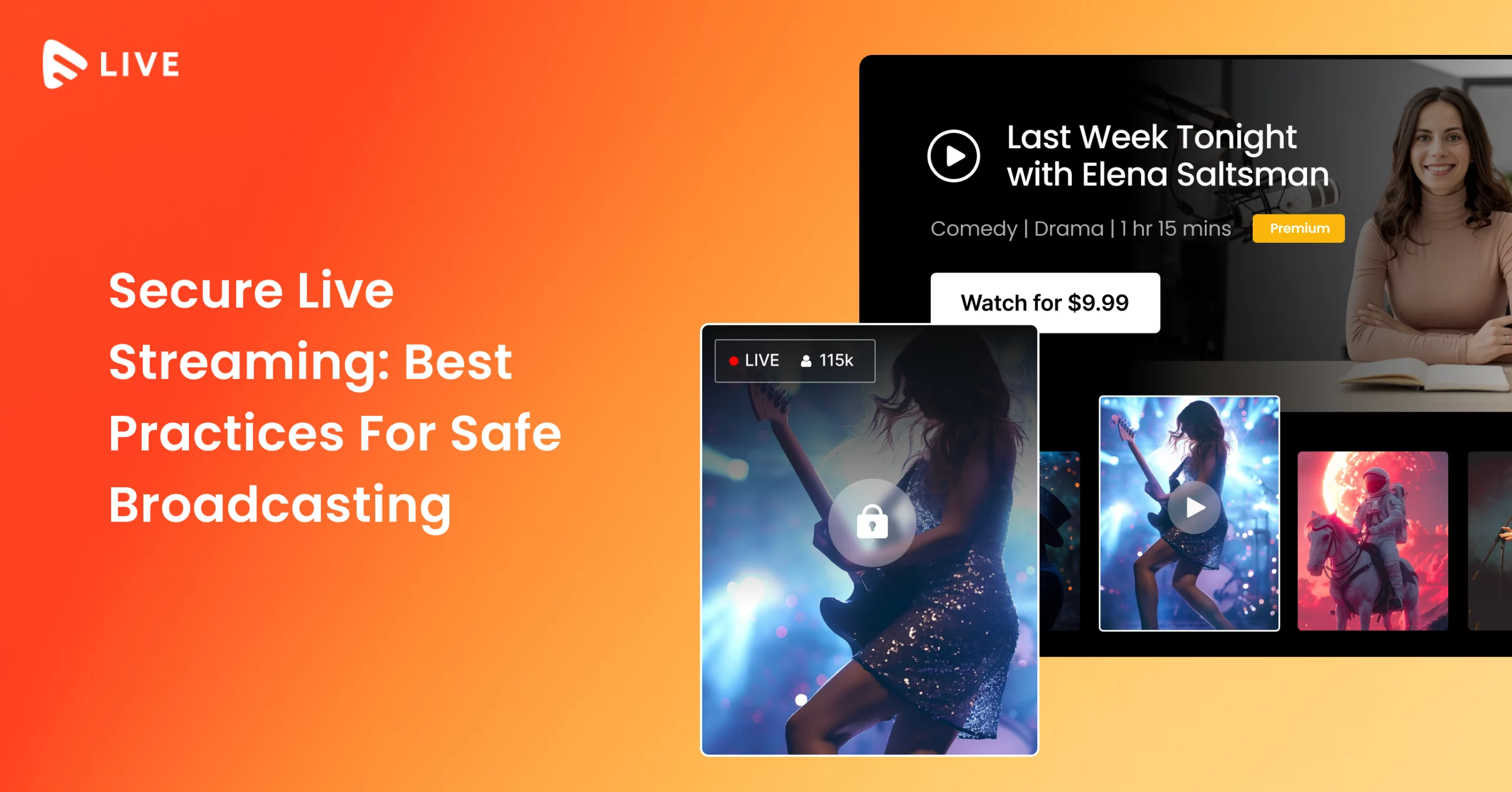


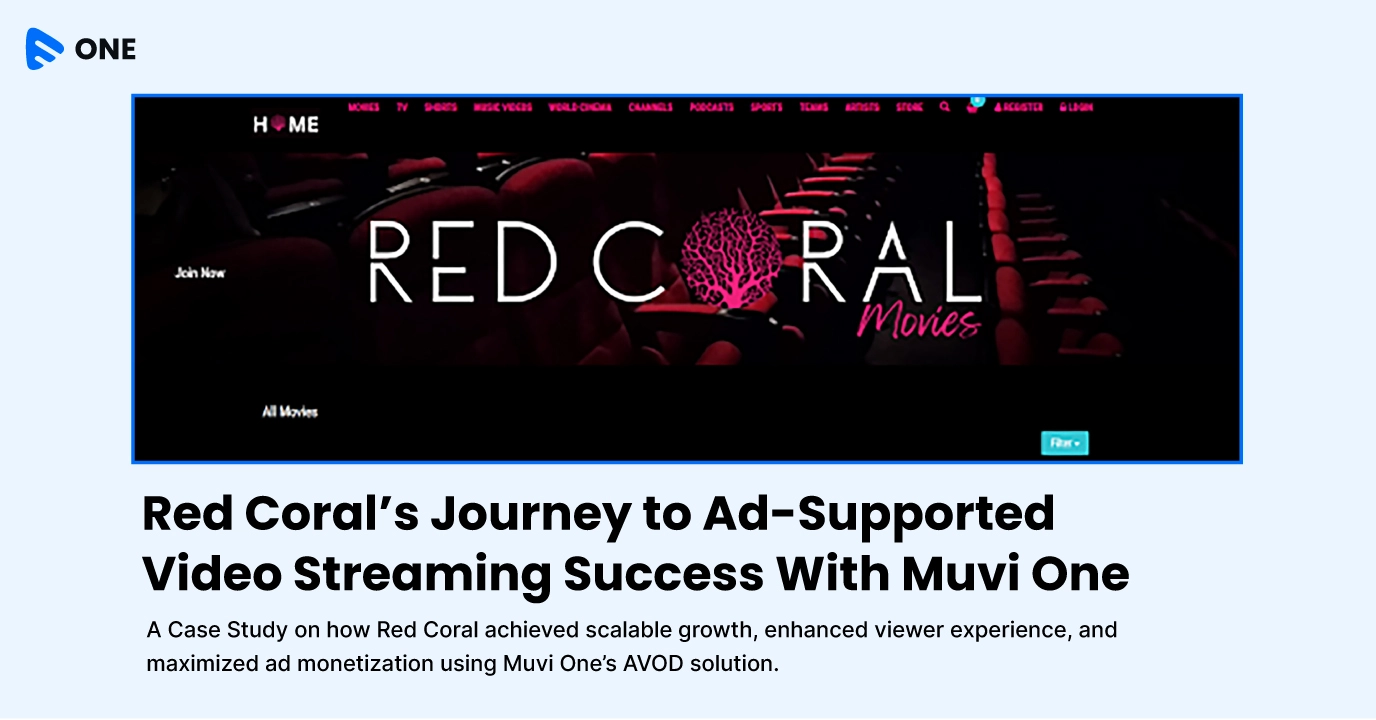
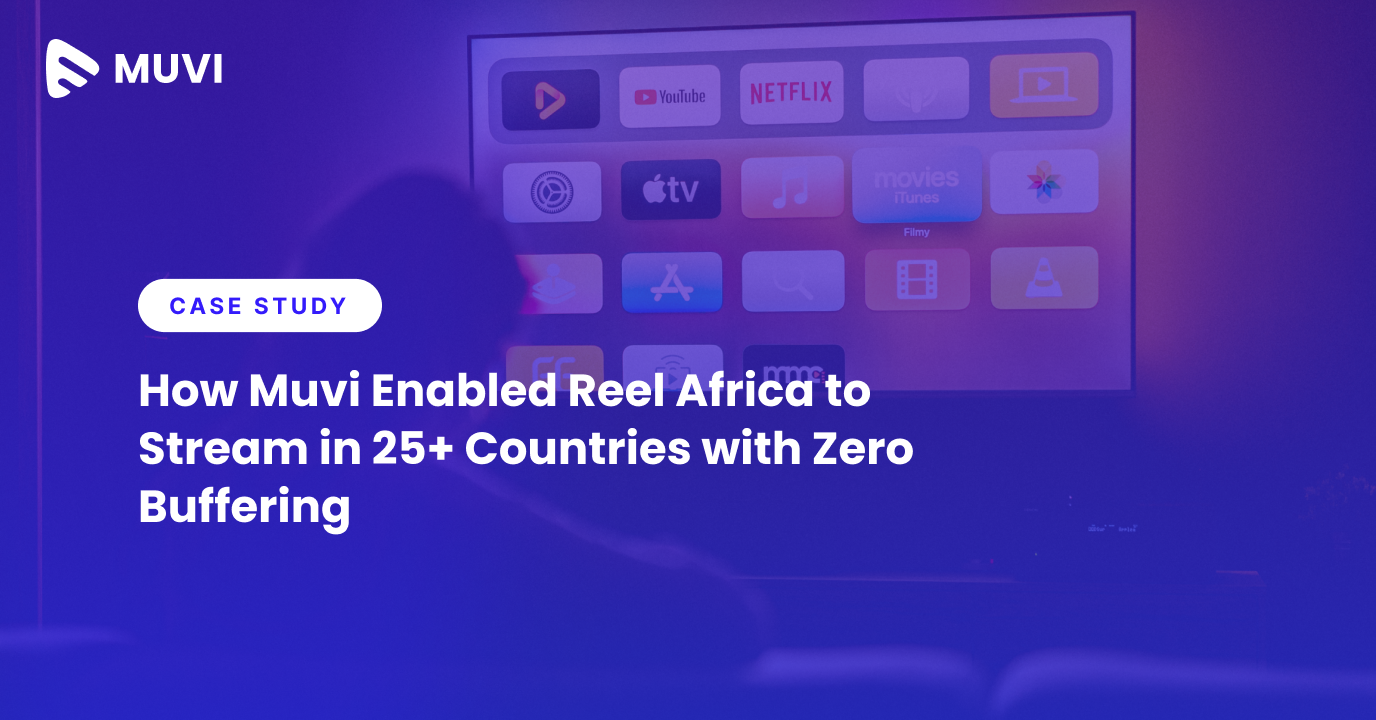




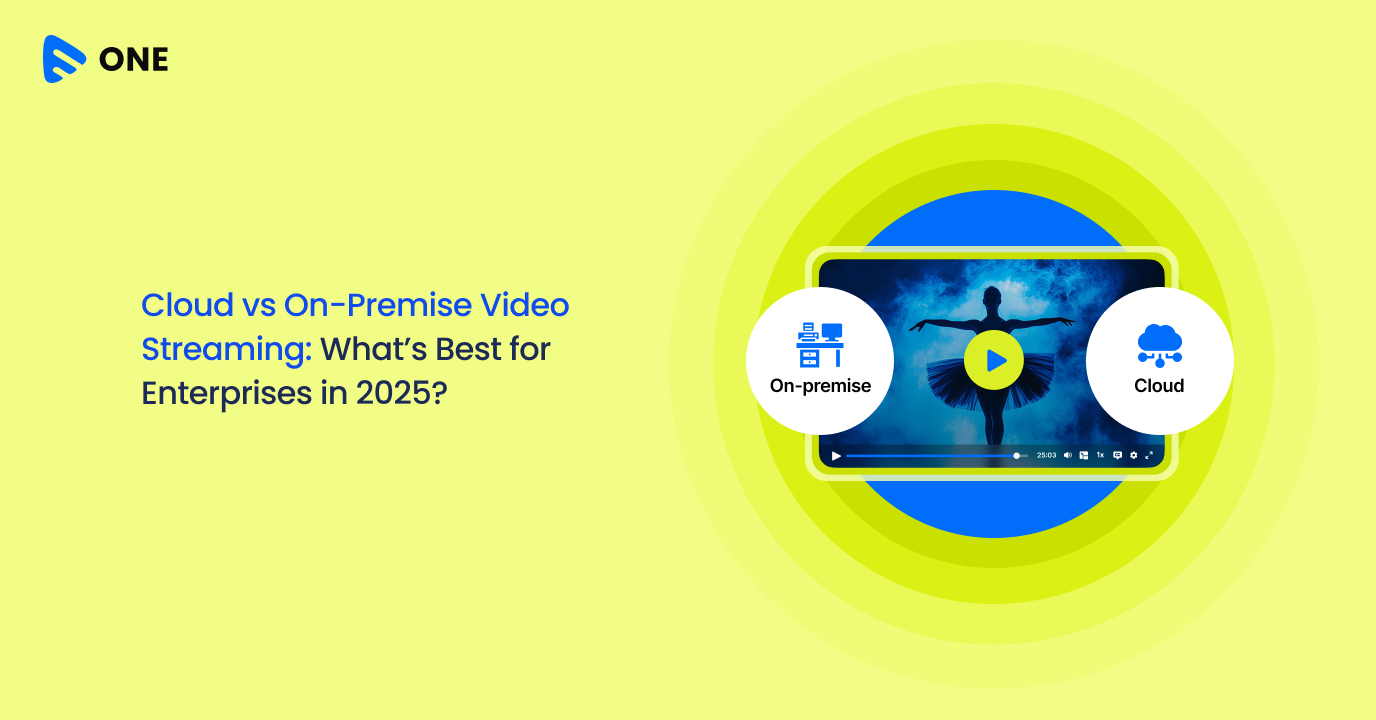
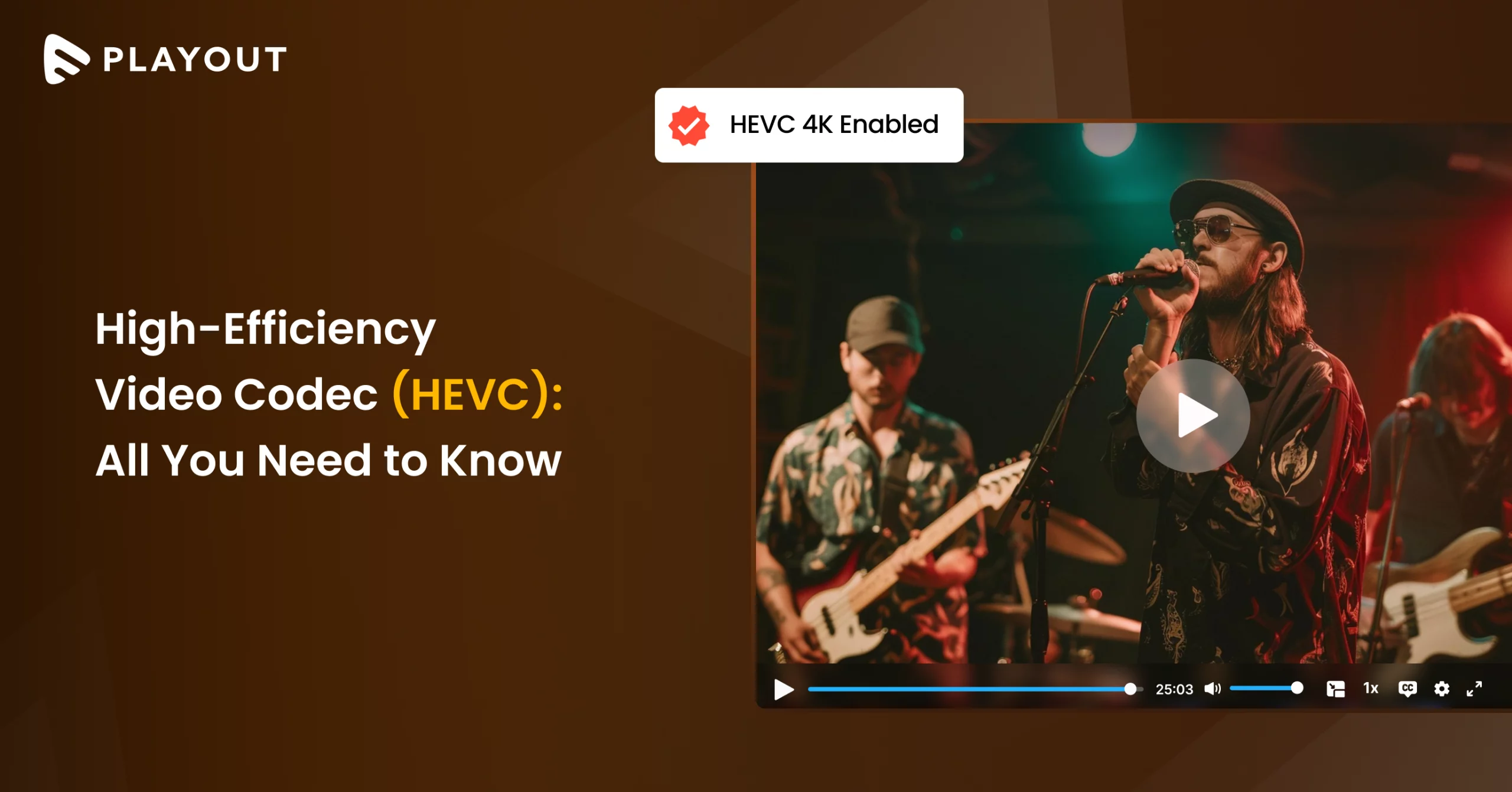




Add your comment